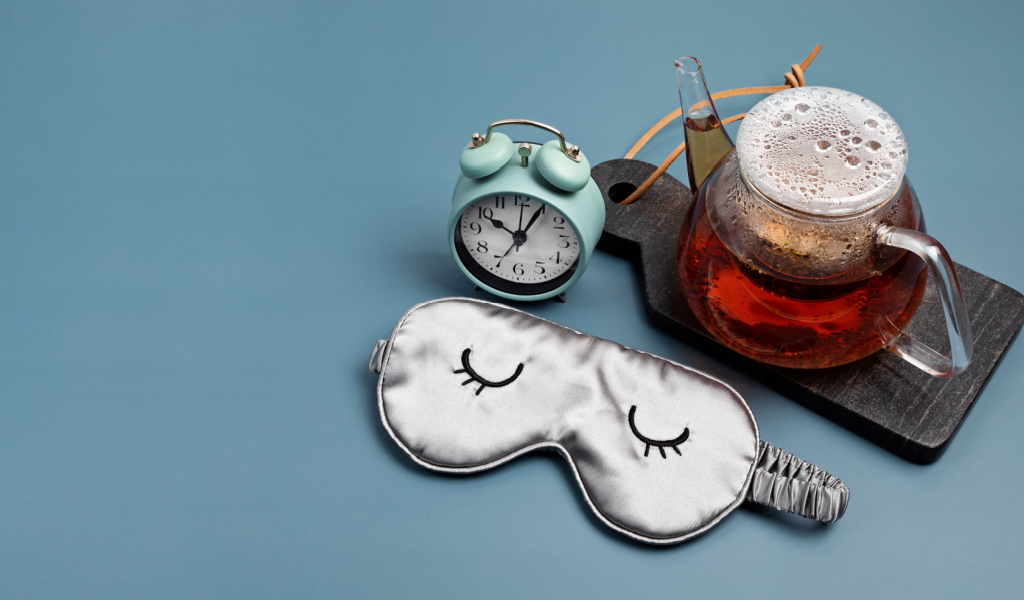The fundamental truth about human beings is that they need connections with other humans not just to thrive, but to survive. Most people would agree that being the last person on earth would be so lonely that they’d rather die with their loved ones.
“Social support is a very important part of being a human, and therefore when social relationships break down or are damaged, it can have a big impact on our mental health and well-being,” says Sheehan D. Fisher, Ph.D., a Northwestern Medicine Psychologist and relationship expert.
This is because the relationships we form with others give meaning to our lives; they boost mental and emotional well-being and motivate us to keep going. And we’re not just talking about romantic relationships, but familial ones can also make a difference in your life, says Dr. Fisher. “Focus on having a network of social support with a variety of different types of relationships — from romantic to friendship to associate,” she advises.

A healthy relationship is mutually beneficial to both parties, one in which there is continuous support and encouragement. Dr. Fisher says that communication is the most crucial catalyst to any healthy relationship, and that one should be ready to listen without judgment and try to understand the other person’s point of view. This helps develop trust and respect, which strengthens the relationship.
By focusing on what you can do for the other person instead of thinking only about what you’re getting out of the relationship, you can become more disciplined, empathetic, non-judgmental, and a better human being. Healthy relationships also help you develop your sense of self and identity instead of relying on someone else to give you purpose.
Here are some of how healthy relationships help boost mental health:
Lower Stress Levels
Healthy relationships promote feelings of safety and happiness, which is why those in committed relationships are said to produce less of the stress hormone cortisol. Therefore, even if they face challenging situations, they are less likely to respond to them in extremes. Knowing they have social and emotional support from a partner, friends, or family can soften the blow, making it much easier to deal with.
Promotes Self-Worth
When you know someone loves and values you, you start understanding your own worth and loving yourself. Ironically, those without healthy relationships have more difficulty finding their identity and self-worth. Poor mental health leads to self-loathing, which worsens your mental health, and the vicious cycle repeats.

Faster Healing
Going through the healing process, both mental and physical, can be much easier to do with the support of your loved ones. Whether it’s being reminded to take your meds or providing emotional support to keep pushing yourself, healthy relationships can be crucial in healing. A scientific study that followed heart surgery patients found that they were more likely to survive the first three months post-op if they had long-term partners when compared to those who were single. Patients also reported feeling less anxious about surgery and more confident about dealing with the pain when they had their committed partners by their side. This shows that emotional support can also be a great support in physical healing!
Healthier Lifestyle
Surrounding yourself with people who have healthy lifestyle habits will encourage you to follow the same. This includes eating better, exercising regularly, and avoiding substance abuse. But a healthy lifestyle isn’t just about physical habits but also about becoming more emotionally mature in dealing with stressful situations and conflicts that arise. An improved physical lifestyle will lead to better mental health and vice versa. Plus, it’s much easier to fall off the wagon and adopt unhealthy practices when no one holds you accountable!
Live Longer
Healthy relationships encourage feelings of purpose and contentment in a person. Research shows that positive social connections can actually increase a person’s lifespan. Considering all the already discussed positives, such as lower stress, faster healing, and healthier lifestyle habits, this isn’t all that far-fetched!
Every one of these are contributing factors in determining how long you will live. Even those who prefer to lead solitary lives will benefit from having at least one or two close friends or confidants – be it a trusted neighbor or therapist – especially when going through something difficult.



